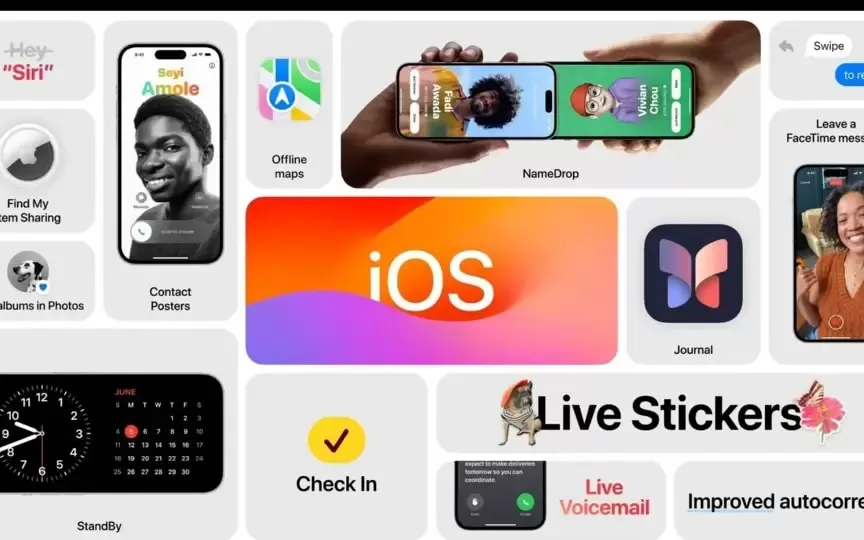Warning: Do Not Engage With This Phone Call or Risk Losing Money
Many people have fallen victim to a recent Telegram scam that helps people earn money simply by liking videos every day. Most of these victims have fallen prey through apps like WhatsApp and Telegram, but now they are evolving and worryingly, these scams are now happening through regular phone calls.
That’s right, scammers are now using advanced computerized voice to trick callers and force them to join these programs to like videos in the past. They already have your mobile number because calls made through WhatsApp also need this information, but this is the first time we’ve seen these “Like Video” scams go through regular phone calls.
The country’s telephone companies have talked about using artificial intelligence to prevent spam calls, but the impact of these changes has not been felt so far, and now encountering scammers through online calls is causing more problems for operators.
“Like Video” scam over phone call: how it works
The victim receives a normal looking phone call with a random name in the caller ID. You answer the phone and hear the person’s voice on the computer, which should ring alarm bells immediately. If you forward the call and reply to that person, he will entice you to earn thousands of rupees just by liking the video. The scam then progresses through several stages, meaning people have made a couple of hundred bucks for their efforts.
The scammer asks for your bank details like UPI number and says that they will pay the money into the account. Gradually, however, you will notice their behavior changing and telling the victim to send money, which will be blocked until the final payment is made. People have fallen for this scam several times this year, and scammers switching to voice calls would make it even harder to guess whether the caller is real or someone who wants to steal money from them.
Should you be worried?
The simple answer to this would be yes and no. Yes, because it can be difficult for the layman to distinguish between so-called scams and even recognize if he has been scammed. But in case you answer the calls of these scammers, make sure that you don’t reveal any personal or banking information which can prove to be dangerous and lead to loss of money from your account.




